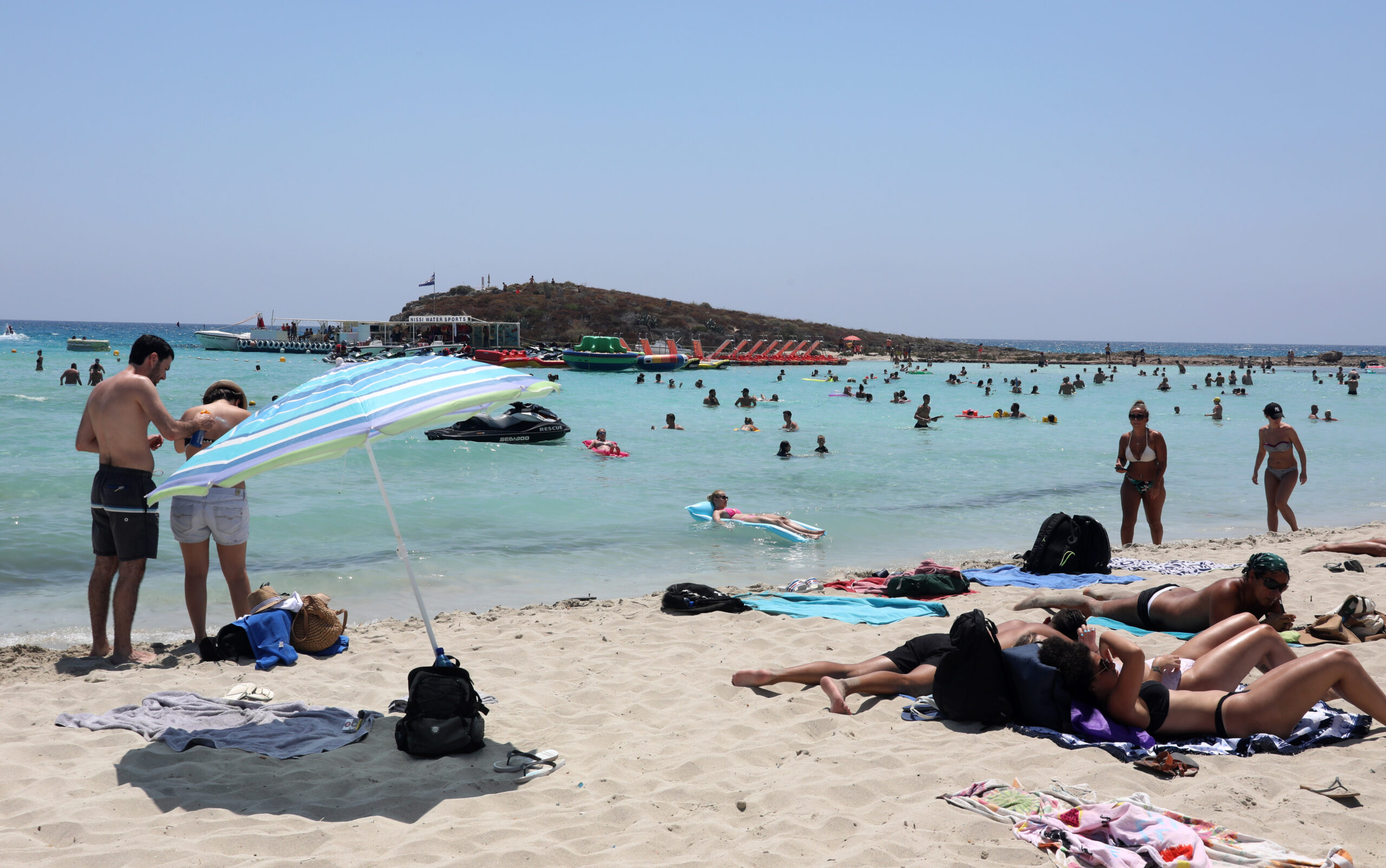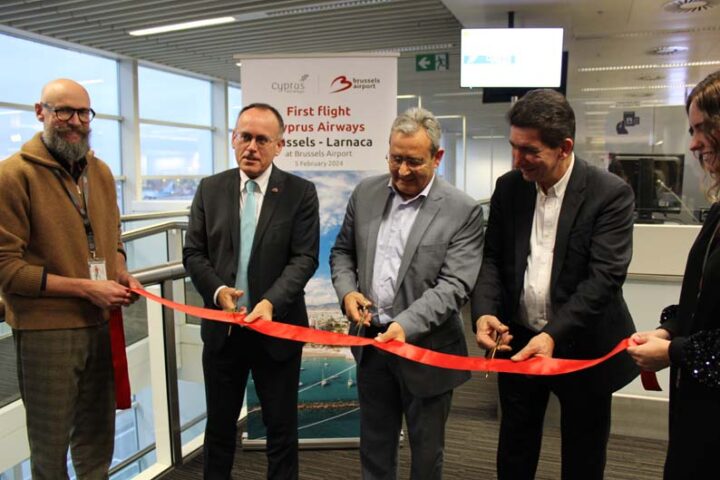Cyprus’ tourism sector has a healthy future despite losing the lucrative Russian market, but the next administration should not “backtrack” from work done, said Tourism Minister Savvas Perdios.
Addressing the 67th General Assembly of the Association of Cyprus Travel Agents (ACTA), Perdios said that despite headwinds such as the closure of major tour operators, COVID-19, the Ukraine war and record-high inflation, “our tourism still stands and, I believe, with a more favourable future from the tourism we knew before.”
He praised the efforts of the government and tourism stakeholders to weather the storm due to the war in Ukraine.
Due to Russia’s invasion of Ukraine and the ensuing EU sanctions, Cyprus was deprived of 800,000 arrivals.
“Cyprus was the only country in the EU to lose 25% of its tourist arrivals in just one night, with no prospects for recovery, at least for the coming years.
“Whoever believes this market will recover to the previous levels is mistaken.”
Perdios said he is proud of the work done by the tour operators and other stakeholders to offset the loss and stand on their feet.
He said Cyprus arrivals and revenue were at 80% and 90%, respectively, from 2019, a landmark year.
The European Union markets helped to cover the lost ground with record arrivals from France, Denmark, Poland and Hungary.
“The EU represents 40% of our tourism, and I expect with announcements such as Wizz Air, Ryanair and others to follow suit, in the coming years, this market will reach 50% or even 60% of our tourism”.
He hoped the new government would pick up the baton.
“I believe the country will have a future if we continue (implementing) the National Strategy for Tourism”.
Marios Tsiakkis, General Secretary of the Chamber of Commerce and Industry, said Cyprus has managed to pull through in very difficult circumstances due to the war in Ukraine.
“Reaching 80% and almost 90% of arrivals and revenue of 2019 is very important because, at the start of the season, we projected a large decline in arrivals given the importance of the Russian market”.
ACTA President Vasilis Stamataris said travel agents could adapt to challenges, noting that Covid, war and inflation were extreme obstacles.
“The outcome under the circumstances, to close the year at 80% of incoming tourism and a larger decline in outgoing tourism, due to limitation in travel with non-EU countries is quite satisfactory.”
Stamataris is concerned over the European Commission’s changes in the travel packages, noting that the proposed regulation is one-sided.
The European Travel Agents’ and Tour Operators’ Association noted the options under review show little alignment between the measures imposed on tour operators and those of airlines.










